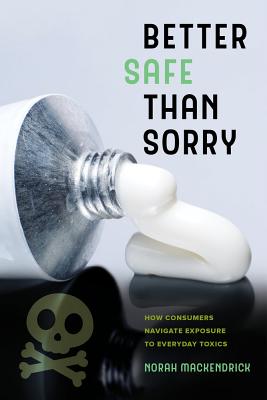Expedite your nonfiction book discovery process with Readara interviews, summaries and recommendations, Broaden your knowledge and gain insights from leading experts and scholars
In-depth, hour-long interviews with notable nonfiction authors, Gain new perspectives and ideas from the writer’s expertise and research, Valuable resource for readers and researchers
Optimize your book discovery process, Four-to eight-page summaries prepared by subject matter experts, Quickly review the book’s central messages and range of content
Books are handpicked covering a wide range of important categories and topics, Selected authors are subject experts, field professionals, or distinguished academics
Our editorial team includes books offering insights, unique views and researched-narratives in categories, Trade shows and book fairs, Book signings and in person author talks,Webinars and online events
Connect with editors and designers,Discover PR & marketing services providers, Source printers and related service providers

Better Safe Than Sorry: How Consumers Navigate Exposure to Everyday Toxics
Social Science > Women's Studies
- University of California Press
- Paperback
- 9780520296695
- 8.9 X 5.9 X 0.8 inches
- 0.85 pounds
- Social Science > Women's Studies
- (Single Author) Asian American
- English
Readara.com
Book Description
Through an innovative analysis of environmental regulation, the advocacy work of environmental health groups, the expansion of the health-food chain Whole Foods Market, and interviews with consumers, Norah MacKendrick ponders why the problem of toxics in the U.S. retail landscape has been left to individual shoppers--and to mothers in particular. She reveals how precautionary consumption, or green shopping, is a costly and time-intensive practice, one that is connected to cultural ideas of femininity and good motherhood but is also most available to upper- and middle-class households. Better Safe Than Sorry powerfully argues that precautionary consumption places a heavy and unfair burden of labor on women and does little to advance environmental justice or mitigate risk.
Author Bio
Norah MacKendrick’s research falls within the fields of medical sociology, environmental sociology, gender, science and technology studies, and consumer studies. In 2020 she became Chair-Elect of the Environmental Sociology section of the American Sociological Association.
She is the author of Better Safe Than Sorry: How Consumers Navigate Exposure to Everyday Toxics, which identifies the rise of “precautionary consumption” in the United States. She finds that chemical body burdens are the consequence of decades of regulatory failure to properly assess the health consequences of environmental chemicals. The burden of addressing this failure has fallen to women and mothers who feel responsible for protecting their children from exposure to chemicals, and do so through cooking, grocery shopping, and management of the household. The book reveals how discourses of maternal responsibility and consumer empowerment circulate within the campaigns of environmental health advocacy groups, and as well as through the retail landscape for organic foods and ‘green’ products, particularly Whole Foods Market.
Better Safe Than Sorry won the Best First Book Award from the Association for the Study of Food & Society (2019), and the Allan Schnaiberg Outstanding Publication Award from the Environmental Sociology section of the American Sociological Association (2020).
In her other research, MacKendrick has examined the intersections of risk, individualization, and modern motherhood, as well as the dynamics of non-toxic consumption, “foodscapes” and science activism. Her research has been published in Gender & Society, Signs: The Journal of Women in Culture and Society, Sociological Forum, Socius, Journal of Consumer Culture, Food, Culture and Society, and Contexts.
MacKendrick is working on several projects. The first examines the role of doctors in the wellness and self-help industries. The second is a collaboration with Endia Louise Hayes on Black foodways and the alternative food movement. The third is a new project examining public perceptions of risk around indoor air quality in areas impacted by urban air pollution and wildfire smoke.
Education
- 2011 PhD. Sociology, University of Toronto
- 2003 M.Sc. Rural Sociology, University of Alberta
- 1999 B.Sc. (Distinction) Conservation Biology and Management, University of Alberta
Source: Rutgers, The State University of New Jersey
Videos
No Videos
Community reviews
No Community reviews

